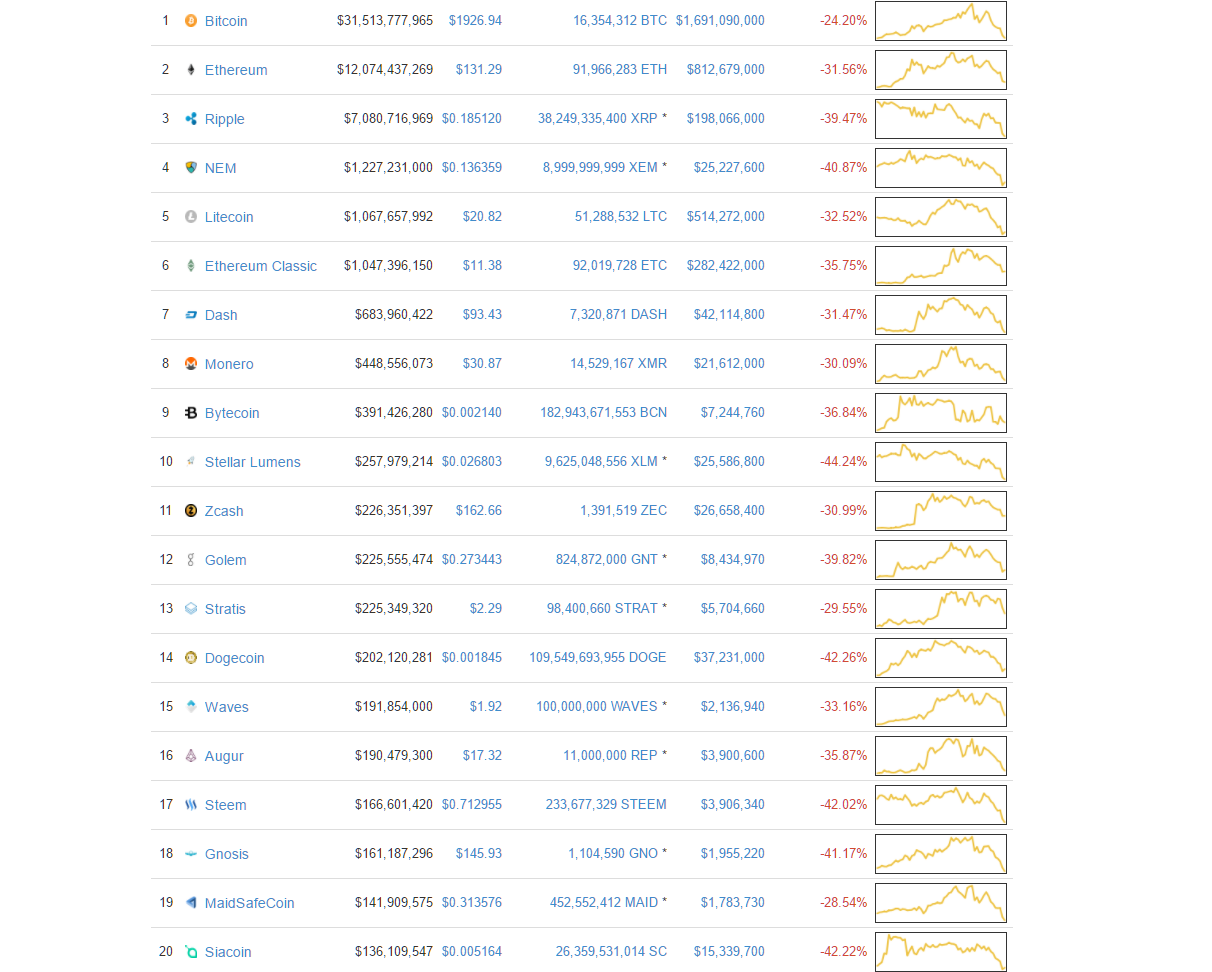Bitcoin and major altcoins have recently experienced some significant volatility. While some players in the industry believe that the initial surge in price is as a result of value proposition and reasonable adoption of the entities, others have insisted that the surge is fueled by speculators who only want to recycle the capital to make a profit.
The recent decline in the price of the aforementioned entities presents an opportunity for further questions about the robustness of the market value of cryptocurrencies in general. These questions arise due to the early history of Bitcoin price which saw a significant crash after previously appreciating in value.

A natural process
Jason Cassidy, President of Crypto Consultant, tells Cointelegraph that this development is normal and nothing out of the ordinary.
Cassidy says:
“As we witness the birth of a new financial system taking shape, it is natural to witness a certain level of speculation. Organic growth is certainly taking place and progress is being made from the top down. Government recognition and approval, continued merchant and consumer adoption along with innovative services are helping broaden the currency's appeal and utility.”
Cassidy explains that traders and speculators that have been on the market for several years are going to be focused on locking in profits after a sharp increase in price. This, he says happens each time a new growth spurt takes place. New money enters the market and as the price gets bid up, seasoned and pragmatic traders will look to take a profit.
He also notes that every market has this dynamic, however with cryptocurrency markets being very much new, the volatility is greater. Over time as Bitcoin's price volatility in the market will lessen.
The network effect
Dana Coe of BitLox sees the network effect of Bitcoin and other crypto adoption as having a significant effect on the price fluctuations.
Coe explains that given that a lot of people have at least tangentially heard of Bitcoin, very few of them have actually "gotten into" it.
He also notes that since most altcoins have no actual real-world spending applications, the perceived growth within the altcoin environment appears to be a collective "bandwagon effect" rather than a reasonable investment or organic growth.
According to Coe:
“Everybody is always searching for the next big thing. This builds a feedback loop driving prices and ‘growth’."
Coe concludes by explaining that speculation in and of itself is not a bad thing, noting that it is a free market and in all free markets there are some winners and some losers. Organic growth comes from adding more people to the user base of all coins and an exciting market is the best advertisement ever for getting people to sit up, take notice and get on board.
